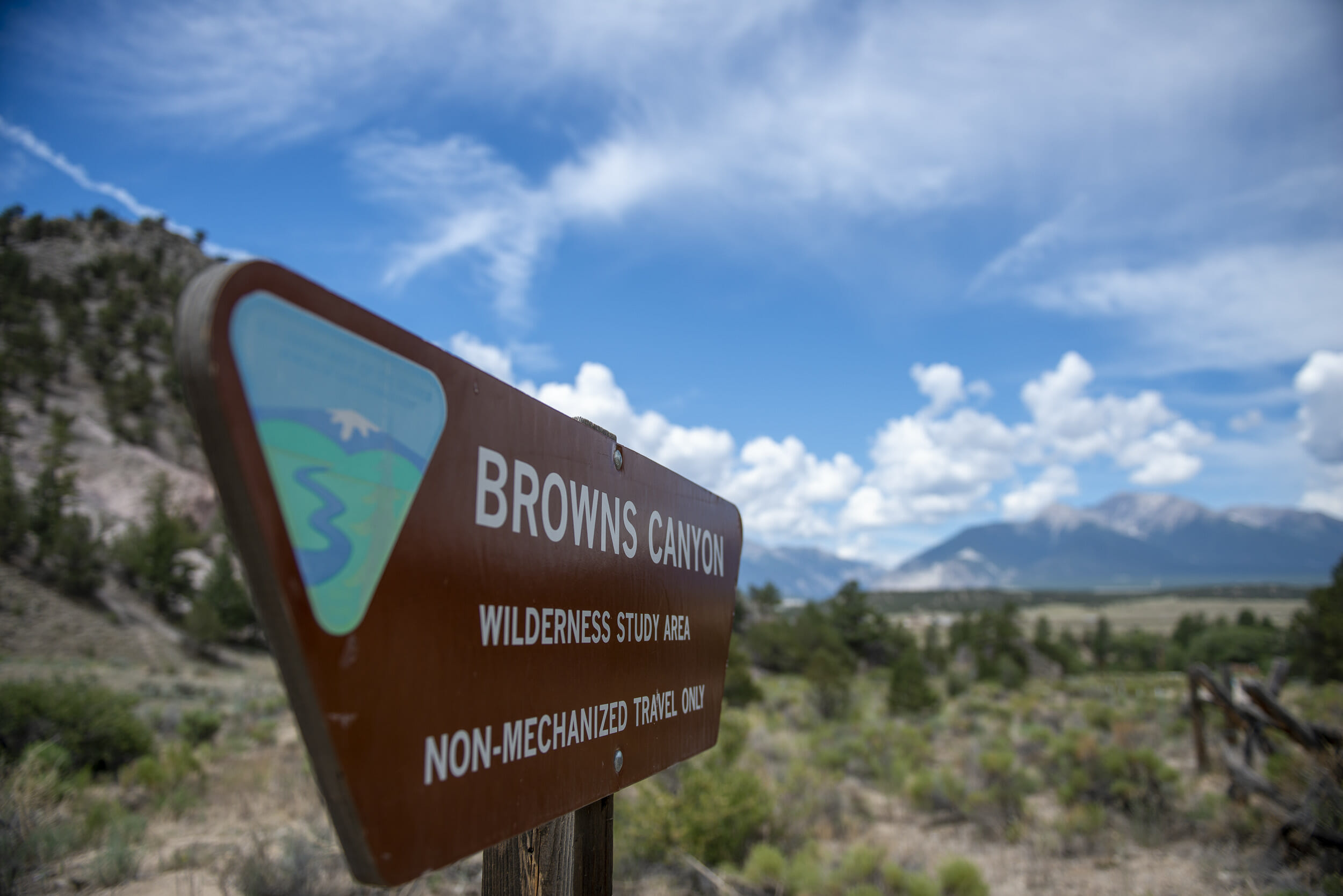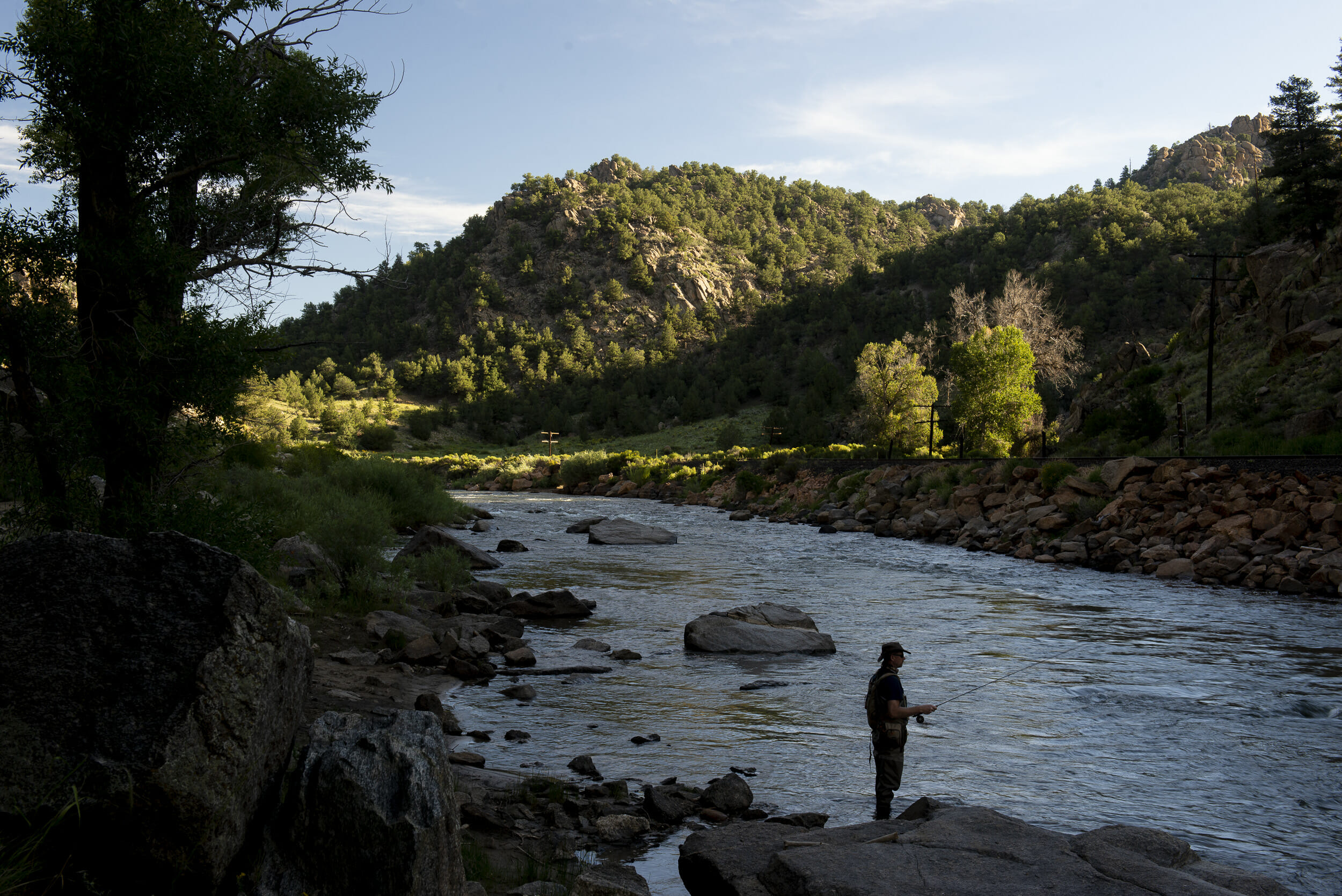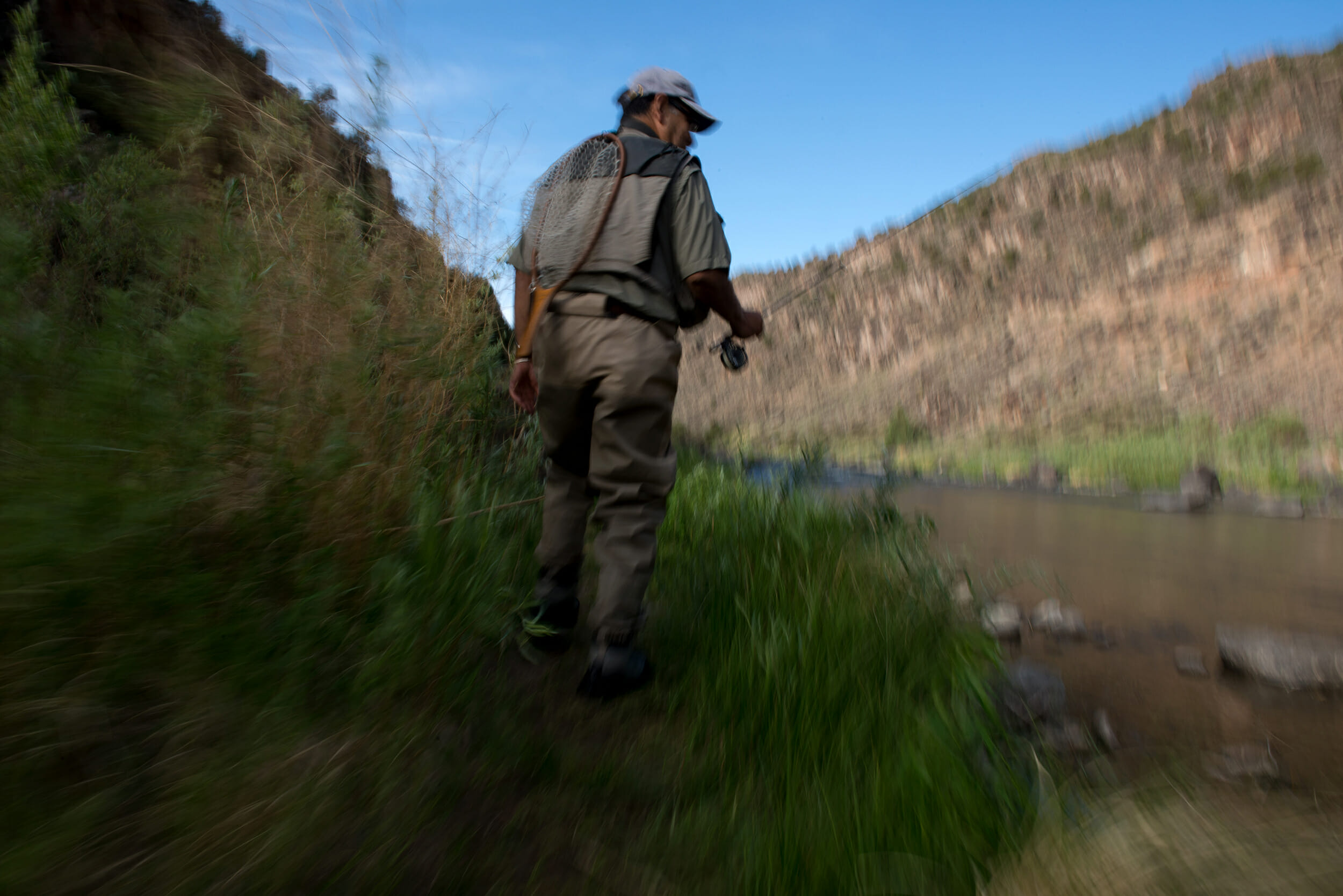The importance of national monuments
Read more
The importance of national monuments
America’s national monuments are more than battlefields and historic sites. They also include important public lands that protect some of the best hunting and fishing in the nation. President Theodore Roosevelt signed the Antiquities Act into law on June 8, 1906, and since then presidents of both parties have used this executive authority to protect public lands as national monuments when faced with Congressional gridlock.

Places like Browns Canyon on the Arkansas River in Colorado are loved dearly by river rafters and sportsmen alike.
In places like Colorado’s Browns Canyon and New Mexico’s Rio Grande del Norte, national monuments proved to be an effective way to implement collaborative public land management solutions that conserve world-class hunting and fishing opportunities. In both landscapes, Trout Unlimited and the broader conservation community worked for decades to pass federal legislation. Despite strong support from local communities, as well as hunters and anglers, these legislative efforts languished as Congress failed to act. In response, Trout Unlimited turned to the Antiquities Act and asked the White House to heed the will of the people.

Most national monuments encourage activities like fishing.
Rio Grande del Norte National Monument was designated 2013, comprising 242,500 acres of wild public lands and the Rio Grande Gorge, a world class trout fishery with browns, rainbow and Rio Grande cutthroat trout. Then in 2015, 21,586 acres of public land in Chaffee County, Colorado, were designated Brown’s Canyon National Monument. Also widely supported by hunters and anglers, it includes a stretch of the Arkansas that is a Gold Medal trout river and one of the best public trout fisheries in the state.
In the years following these two designations, Trout Unlimited has strategically sought protections using Roosevelt’s Antiquities Act. Through new national monument designations, we’ve been able to protect sporting opportunity through expansion of Oregon’s Cascade-Siskiyou National Monument and designation of California’s Berryessa Snow Mountain National Monument.

The Antiquities Act has been used to great effect by presidents of both parties throughout its existence.
Soon after the ink dried on these designations the political landscape shifted, requiring Trout Unlimited to pivot from offense to defense. In 2017, President Trump called for a review of national monuments and then-Secretary of the Interior Ryan Zinke made recommendations to modify several national monuments. The move caused a sharp backlash, with 30 Trout Unlimited state councils around the country joining the chorus to keep these public lands protected. Ultimately, President Trump signed proclamations shrinking two Utah national monuments, Bears Ears and Grand Staircase-Escalante, but has met stiff resistance from across the sporting community on this and other efforts to erode the law.
1
2
3
4
Growth and change
- Innovation and conservation
- Playing the long game
- Off Road Vehicle and Sportsmen Ride Right
- Oregon and Arizona Mineral Withdrawals
- Overcoming congressional gridlock with public lands planning
- Working in state legislatures when Washington, DC, is broken
- The importance of national monuments
- Fight against selling state land
- Alaska Tongass National Forest
- Alaska Pebble Mine
- Utah Roadless
- Washington Steelhead fishing regulation changes
- Land and Water Conservation Fund
5